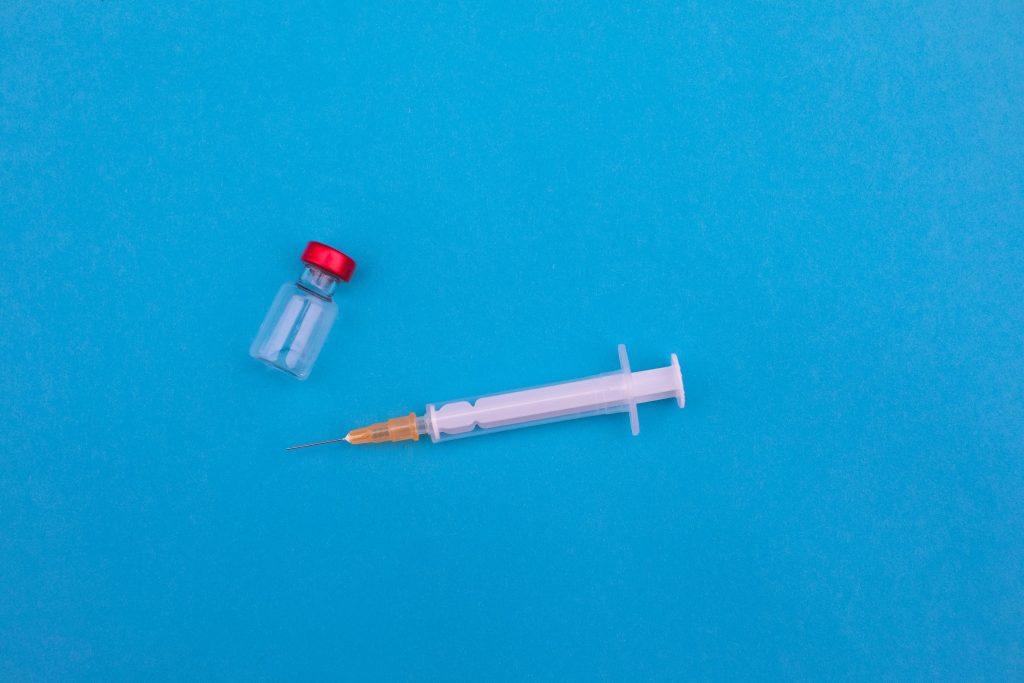June is the Pride Month to celebrate the LGBT community and today, June 28th, cultures across the world celebrate the Pride Day, commemorating the Stonewall riots which occurred 52 years ago in New York City. The fight for LGBT rights has seen several victories since then, but it is far from over. It still needs to be renewed and continue to face injustice.
Last month, I came across some news that made me reflect upon this fight, its relevance and how it relates to other struggles. There was some good news and some bad news. Let me start with the good one: in February this year, promising results from a phase I clinical trial for an HIV vaccine were published. The same day I read about it, I found out that a young gay man had been brutally killed at a party in Mexico after revealing his seropositive status.
HIV: Stigma and Poverty
HIV (Human Immunodeficiency Virus) infection, if untreated, leads to AIDS (Acquired Immunodeficiency Syndrome), a condition that puts the infected people at risk of acquiring opportunistic infections that easily grow into life-threatening illnesses. It has claimed almost 35 million lives so far, and one and a half million people are newly infected every year. What is more disturbing is that over two thirds of the burden lays upon the African continent, and LGBT communities account for most of the new cases everywhere else. The inequalities around this health issue have been established for decades and have, at least, two main dimensions: poverty and sexual rights.
Although there is no cure, effective prevention, diagnosis, and treatment have transformed HIV into a manageable chronic health condition. People are now able to live long and healthy lives, but there is more to it than that. On the one hand, only the richer countries have benefited from these resources so far, while low-income countries have not been able to access them. On the other hand, statistics from the US and Europe attribute the highest proportion of new diagnoses to men who have sex with men. In the first case, the global unbalanced distribution of the burden is explained by lack of economic resources in the global south. In the second one, there are several risk factors that put gay and bisexual men at more risk everywhere: first, a high percentage of them already live with HIV; second, anal sex is the riskiest transmission route (when performed unprotected); and, third, homophobia, stigma and discrimination discourage HIV testing and care seeking.
The Vaccine Quest
When the HIV virus was first isolated in 1984, scientists all over the world started to look for a vaccine. They hoped that, because this was an epidemic, global coordinated efforts would allow for it to be developed in a few years. They were doubly wrong: the virus ended up being especially good at evading the immune system, and the richer countries lost interest in having a vaccine when the sense of emergency was lost after they managed to control spread in the majority groups. In the last 37 years, only one HIV vaccine has proven efficacy in a phase III clinical trial, and it was never licensed due to the low 31% efficacy.

Coming back to the good news, there are reasons to hope for a vaccine that could potentially dissolve the inequity around HIV and its stigma. In fact, the novel technology behind this vaccine candidate- called germline targeting- could hypothetically open a new chapter in vaccinology and be applied to develop vaccines for malaria, zika or dengue. The targeted immune response was detected in 97% of participants who received the vaccine in the phase I trial and, although there is still a long way to go, Moderna has partnered with the developers to start working on an mRNA-based vaccine like the one recently developed for COVID-19.
In the best-case scenario, lessons learned from the COVID-19 pandemic overcome its potentially devastating effects on HIV patients. The global health community has realized how quickly a necessary drug can be developed and how, in the control of infectious diseases, nobody is safe until everyone is safe. Nevertheless, we must be cautiously hopeful because as long as the HIV epidemic doesn’t get the prioritization and resources it needs, there is no way the vaccine will become a reality. Furthermore, as long as people are systematically stigmatized and marginalized due to where they were born or who they choose to love, the HIV pandemic will continue to be neglected.




0 Comments